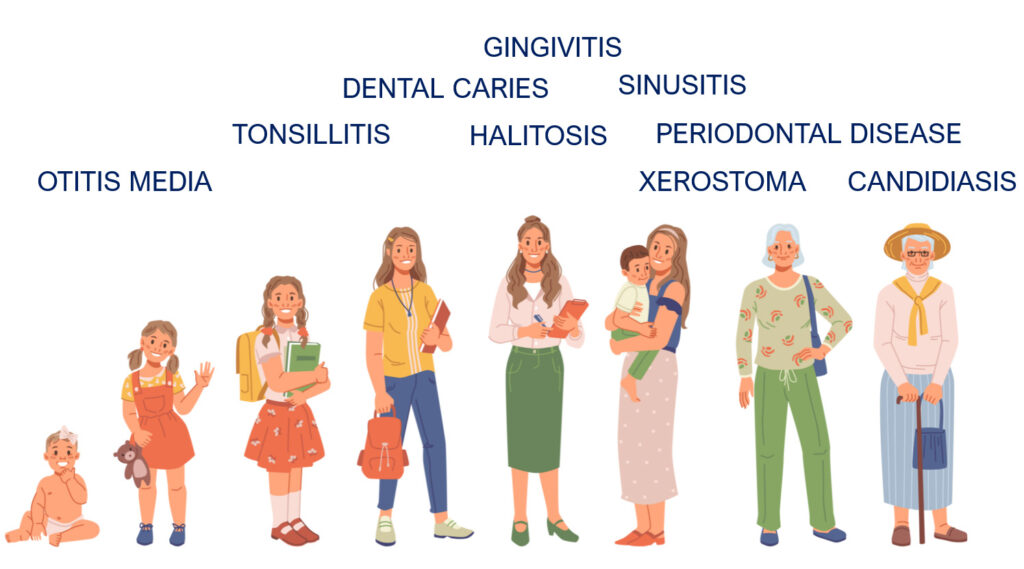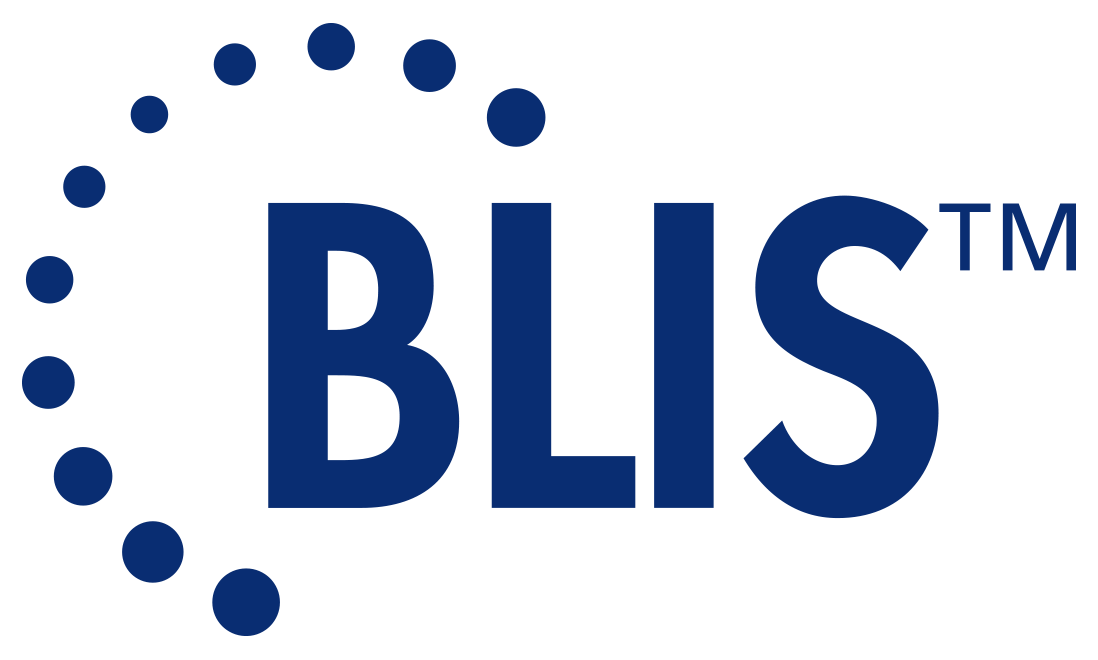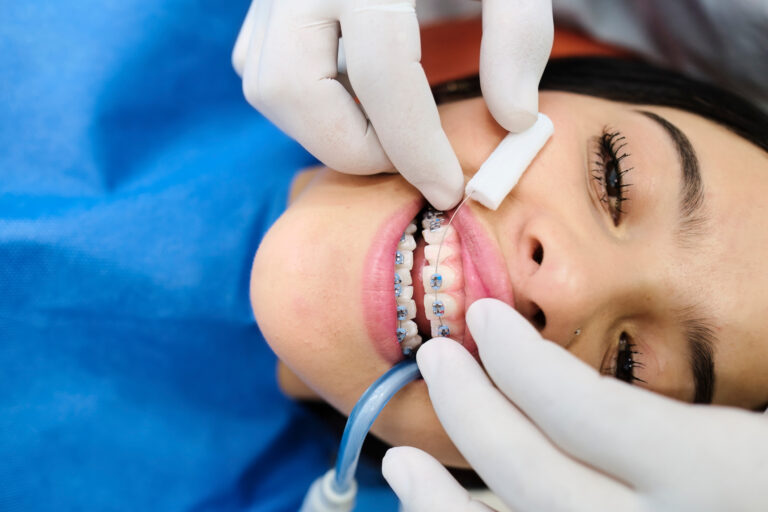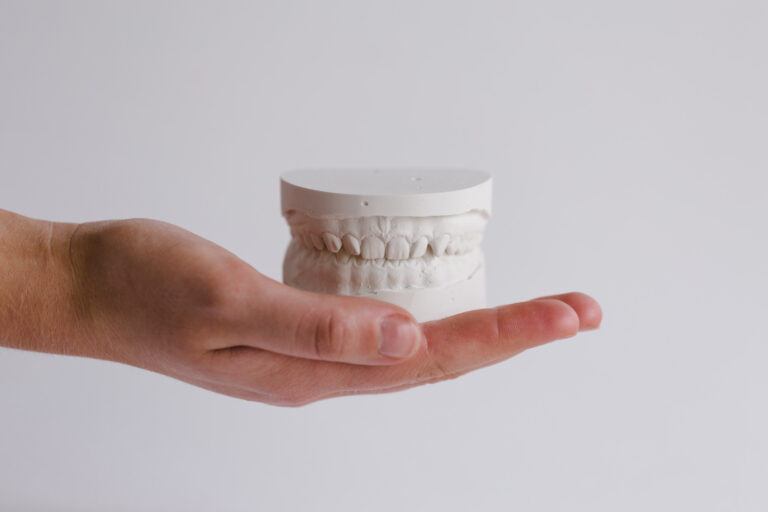As we age, it becomes increasingly crucial to pay attention to various aspects of our health, and one often overlooked area is oral health. Our mouths undergo significant changes over time, making us susceptible to various oral diseases impacting our overall well-being. In this blog, we will explore some common oral diseases associated with age and how oral probiotics help maintain optimal oral health as we age.

Otitis Media is inflammation or infection of the middle ear. It is common in children as their shorter, more horizontal eustachian tubes let bacteria and viruses find their way into the middle ear more easily. Chronic otitis media can lead to ongoing ear drainage, hearing loss, and in some cases, damage to the structures of the middle ear.
Tonsillitis (strep throat) – is the inflammation of the tonsils, two oval-shaped pads of tissue at the back of the throat. These glands are part of the immune system and help trap and filter out bacteria and viruses that enter the body through the mouth and nose. Tonsillitis is also common in children, but it can affect individuals of any age. It can be caused by both viral and bacterial infections, with bacterial infections that can lead to strep throat.
Dental caries – the mouth is home to various types of bacteria, including Streptococcus mutans, which play a significant role in dental caries. These bacteria form a sticky film called dental plaque on the teeth. When sugars and carbohydrates from food and drinks are consumed, these bacteria break them down into acids and can erode the minerals in tooth enamel, leading to the formation of cavities.
Gingivitis is caused when bacteria and plaque build-up on your teeth. Plaque that stays on your teeth can harden under your gumline into tartar, causing gum inflammation and bleeding gums when brushing your teeth. If gingivitis is left untreated, it can progress to a more severe form of gum disease called periodontitis.
Halitosis can affect people at any point in their life. However, it can increase with age due to less saliva and medications where dry mouth is a side effect. Halitosis can be attributed to two main microbial factors. The first factor is an imbalance in the oral microbiome, while the second factor involves the presence of specific bacterial species that produce unpleasant odorous compounds.
Sinusitis refers to the inflammation or swelling of the tissues lining the sinuses. When the sinuses become inflamed, they can become blocked and filled with fluid, leading to sinusitis. It can be caused by viral (i.e. common cold or influenza) or bacterial infections.
Periodontal Disease is a more severe gum disease that develops from the early stage of gingivitis. It is more likely to occur in older people and can lead to supporting bone loss around the teeth and a range of systemic health conditions, such as cardiovascular health, mental health, diabetes, pneumonia and pre-term births.
Xerostomia, commonly known as dry mouth, is a condition characterized by insufficient saliva production. Saliva is crucial for various oral functions, including lubricating the mouth, aiding in digestion, and helping to maintain oral health by neutralizing acids and preventing bacterial overgrowth. When there is an insufficient flow of saliva, it can lead to discomfort and contribute to oral health issues. Saliva production tends to decrease with age, and older adults may be more prone to xerostomia.
Candidiasis (oral thrush) is a fungal infection caused by an overgrowth of the yeast Candida in the mouth. It causes creamy white lesions usually on the tongue or inner cheeks. When there is an imbalance in the oral microbiome, such as a weakened immune system or disruption of the normal oral flora, Candida can multiply and lead to an infection.
How BLIS K12™ and BLIS M18™ probiotics help balance your oral microbiome.
Oral probiotics are beneficial bacteria that, when introduced into the oral cavity, can contribute to the balance of the oral microbiome. The oral microbiome refers to the complex community of microorganisms, including bacteria, viruses, fungi, and other microbes, that inhabit the mouth. Maintaining a balanced oral microbiome is crucial for oral health, as an imbalance can contribute to the above health conditions.
Many of these microbial health conditions have a common theme, an overabundance of pathogenic bacteria that cause these oral infections to take place. BLIS K12™ and BLIS M18™ naturally produce proteins called Bacteriocin-Like Inhibitory Substances (BLIS) that target and inhibit bad bacteria, ensuring the microbiome remains in a balanced, healthy state.
The following table shows the antimicrobial activity BLIS K12™ and BLIS M18™
| Pathogen | Linked to | Inhibitory Strain |
| Actinomyces viscosus | Root surface caries | BLIS M18™ |
| Streptococcus mutans | Dental Caries | BLIS M18™ |
| Prevotella intermedia | Ulcerative gingivitis | BLIS M18™ |
| Fusobacterium nucleatum A. actinomycetemcomitans Porphyromonas gingivalis Bacteroides intermedius | Periodontitis | BLIS M18™ |
| Streptococcus pyogenes | Acute pharyngitis, tonsilitis | BLIS K12™ |
| Streptococcus pneumoniae | Pneumonia, Otitis Media, Sinusitis | BLIS K12™ |
| Porphyromonas gingivalis Prevotella intermedia Eubacterium sulci Solobacterium moore | Halitosis | BLIS K12™ |
| Candida (fungus) | Candidiasis | BLIS K12™ |
Oral probiotics play a crucial role in promoting overall health by fostering a balanced and diverse microbiome within the oral cavity. They help inhibit the growth of harmful bacteria, reduce the risk of oral infections, and support immune function. Incorporating oral probiotics into one’s routine can be a valuable strategy for promoting holistic health and preventing a range of oral and systemic issues throughout your life.






